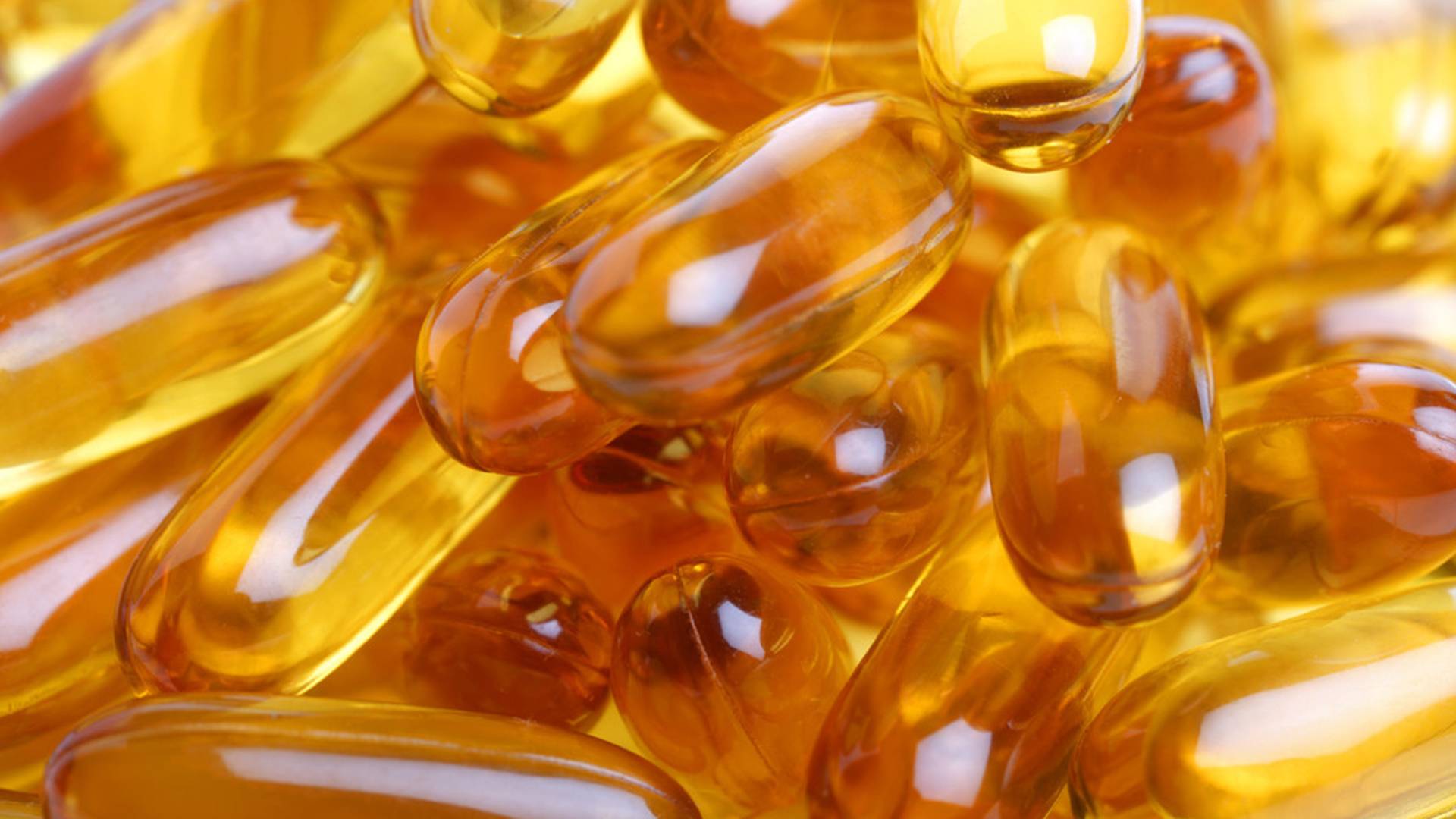Between 2010 and 2019 the total global catch of MSC certified wild seafood rose from ten to over fifteen percent. This has meant that the opportunities to buy sustainably sourced fish and seafood products has extended beyond fish counters and canned goods aisles and into the health food and supplements market. In fact, in 2019, shoppers spent over £6 million on MSC labelled health supplements and fish oil - a record high!
The key ingredient here is Omega 3 – a special health component found in abundance in seafood, especially oily fish.
But what are Omega 3s?
Omega 3s are fatty acids found in foods, such as fish and plant oils. There are three main omega-3 fatty acids: alpha-linolenic acid (ALA) eicosapentaenoic acid (EPA), and docosahexaenoic acid (DHA).We can only obtain ALA from food, particularly plant oils such as flaxseed, chia seed and rapeseed. EPA and DHA, on the other hand, are predominantly found in fish and seafood. While the body can convert ALA into EPA and then to DHA, this process is not very efficient, which is why seafood, or dietary supplements derived from seafood, are essential for getting these Omega 3s. According to the NHS, “a healthy, balanced diet should include at least 2 portions of fish a week, including 1 of oily fish” which are high in EPA and DHA. Most of us need to include more fish in our diet.
Which fish and seafood contains Omega 3s?
EPA and DHA are found in seafood such as shellfish like mussels, oysters, and crab, as well as squid, krill and some types of algae. Cod liver and the trimmings of other fish species are also significant sources of omega 3s, but the most prevalent source is found in oily fish, such as mackerel, anchovies, herring, and sardines. Fisheries that target smaller pelagic (midwater) species like these and use - or ‘reduce’ - their catch to produce fishmeal or fish oil are called reduction fisheries.Are there many sustainable sources of Omega 3s?
Yes! Roughly 20-25 percent (or 20 million metric tonnes) of the global marine catch is used for reduction. Since 2014, there has been a 200 percent increase in the availability of MSC certified raw material for reduction. In fact, approximately 3.2 million metric tonnes are now MSC certified or in assessment. From krill fisheries in the Antarctic to herring fisheries in the Irish Sea, the supply of certified sustainable material for the supplements industry is greater than ever before!Where can I buy sustainably sourced supplements and Omega 3 products?
Between 2014 and 2019, the number of MSC certified Omega 3 products available worldwide more than tripled. In the UK and Ireland, 100% of Tesco’s own brand fish oil supplements are certified sustainable. Holland and Barrett, Healthspan and Naturalife also offer MSC labelled krill oil supplements. At the end of 2019, Amazon launched its first own brand product with an MSC ecolabel: Sustainable Fish Oil capsules.The tremendous growth in certified sustainable supplements is a reminder of the fantastic progress made by MSC fisheries and businesses. It’s also encouraging to see ever-expanding options for shoppers who are both increasingly health aware and eco-conscious. So, if your New Year’s resolution has inspired a health kick, keep in mind that it can be good for you, and the ocean too!


